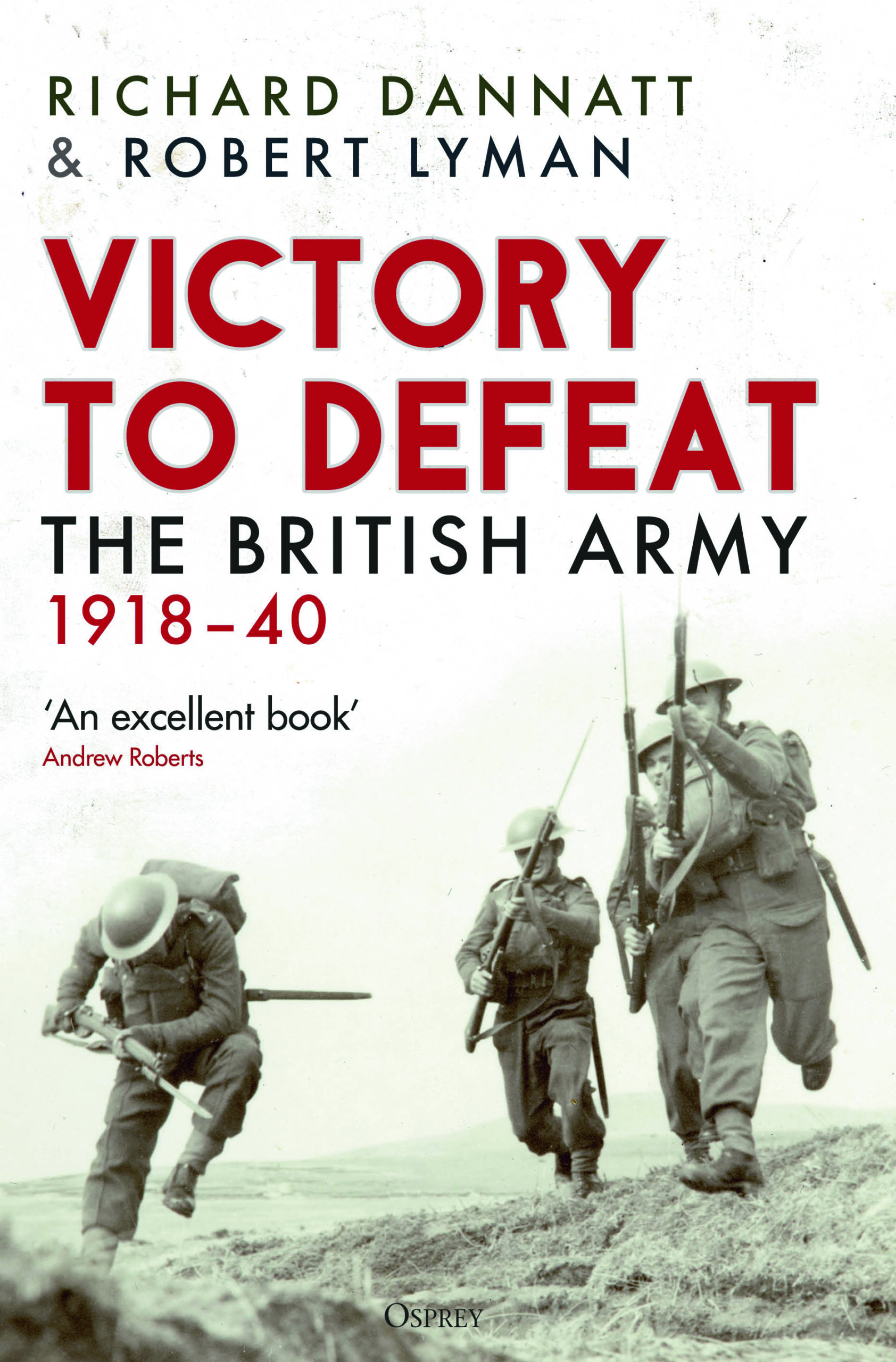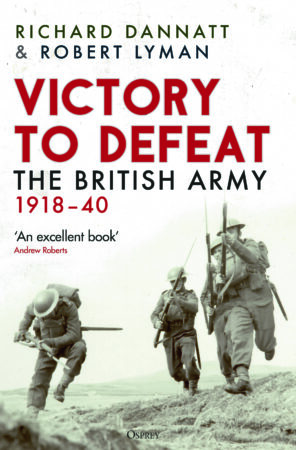At the end of the First World War, the British Army was among the largest and most effective fighting forces in the world. So why, when war returned to Western Europe 20 years later, was it so catastrophically bested by a resurgent German military?
This is the subject of the latest book from Dr Robert Lyman, who along with co-author Richard Dannatt give their verdict on the decline of the British Army during these critical so-called interwar years.
“In our book, Richard and I have identified five primary causes of the decline of British military effectiveness in 1939,” Lyman writes. “In the first place there was no clear strategic plan for the Army. Strategies are determined by having a clear understanding of who a future enemy might
be. Following the end of the Great War, until the late 1930s no one seemed bothered to define
this essential point of direction.
“Second, as a country, Britain was unprepared both politically and culturally for another war so soon after the last,” Lyman continues. “In 1919 the country seemed to want to look backward to embrace the days of peace that had preceded the cataclysm of war, to drape itself with Edwardian comfort. It was tired and disillusioned, and felt no victor’s triumph.”
This issue, History of War readers have the chance to win a copy of Victory to Defeat: simply answer the question below. Victory to Defeat from Osprey Publishing is available now online and in stores. Visit www.ospreypublishing.com for more information.

